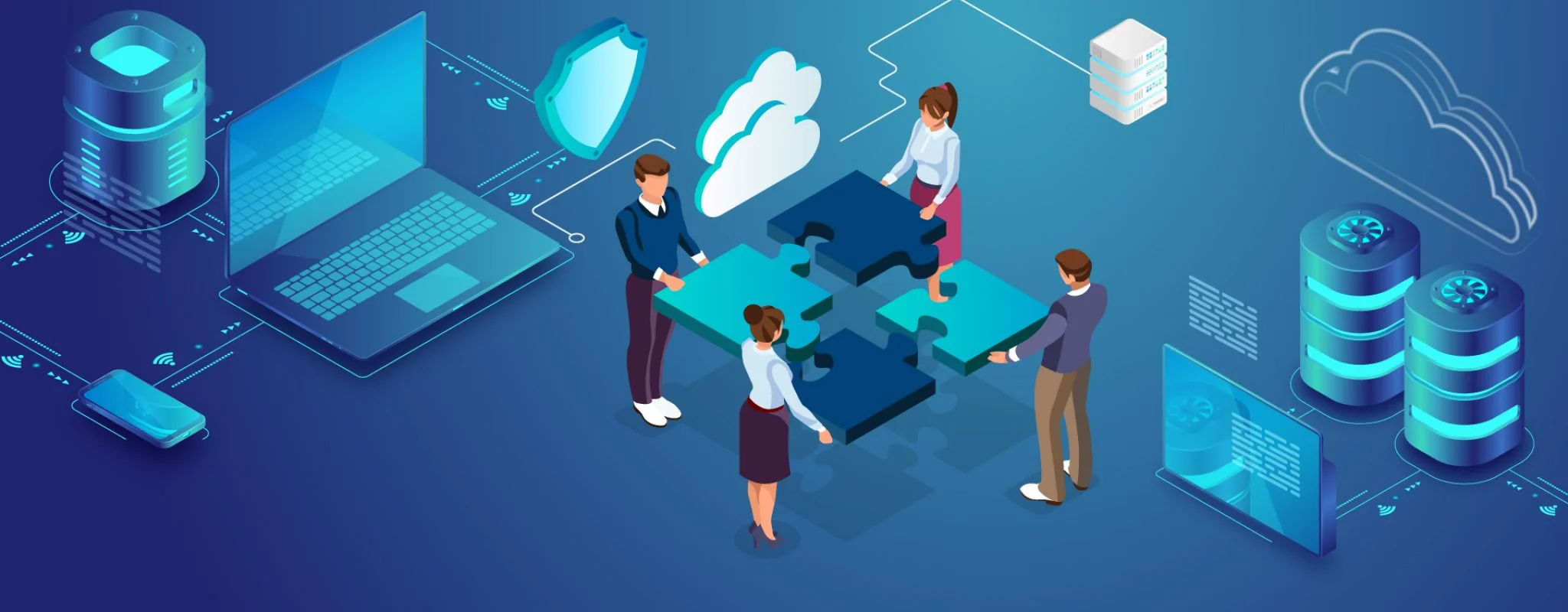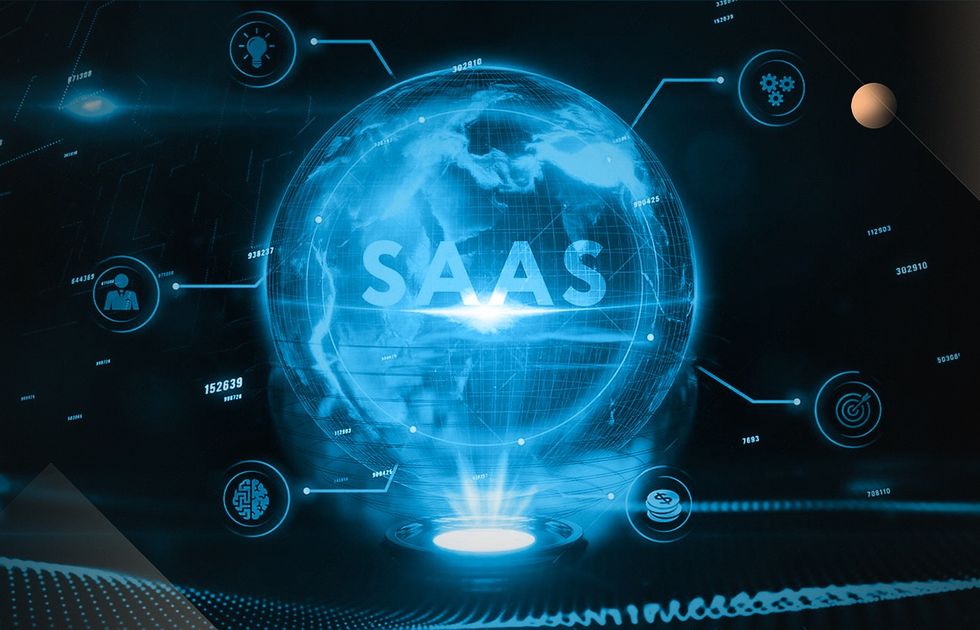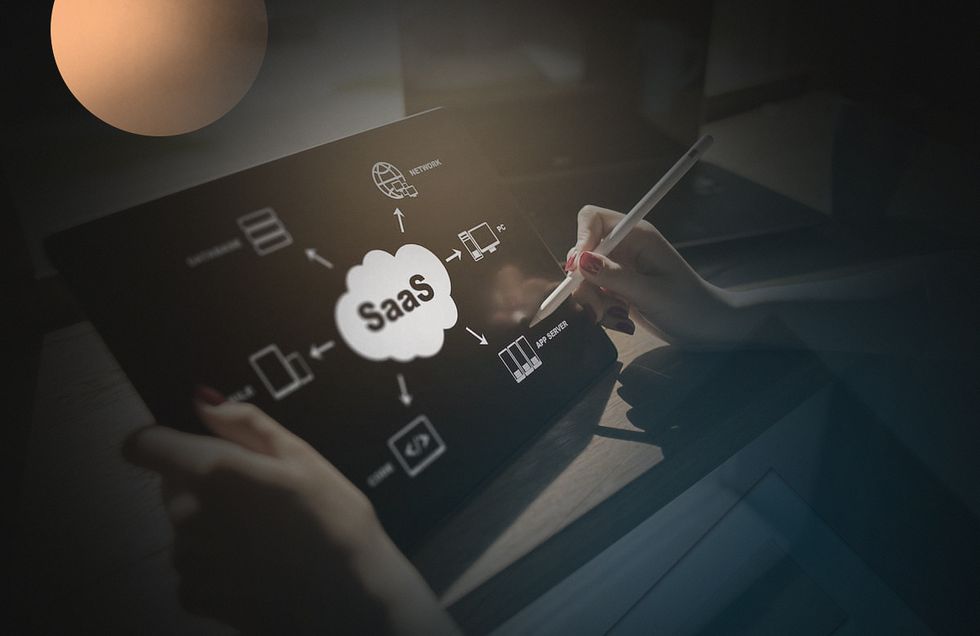In the fast-paced realm of Software as a Service (SaaS), where innovation is the lifeblood of startups, the emphasis often falls heavily on cutting-edge technology and groundbreaking features. However, amidst the sea of code and algorithms, there exists a critical yet frequently overlooked element that can make or break a SaaS venture and that is called service.
Beyond just being a software, a SaaS company is, at its core, a service provider. This is especially true in the B2B landscape where intricate buying processes and substantial implementation costs necessitate a profound investment in sales, support, and success teams.
Startups need humans to augment the value of their products, and this human touch becomes a distinguishing factor in the competitive SaaS arena.
In this article, we will delve into the pivotal role that service plays in the success of SaaS companies, focusing on why it is the most important element, particularly for those that aspire to be more than just software providers. We will explore how a service-oriented approach can foster customer loyalty, drive revenue growth, and set the stage for long-term success.
The Essence of Service in SaaS
In the SaaS ecosystem, where lines of code often take center stage, it’s essential to recognize that the true value of a product extends beyond its technical capabilities. The service element encompasses the entire customer journey—from the initial engagement and onboarding to ongoing support and eventual renewal. In B2B scenarios, where solutions are complex and implementation is a significant undertaking, the quality of service becomes a critical differentiator.
Customers don’t just buy software; they invest in a solution that solves their problems and adds tangible value to their business. The service provided, therefore, becomes inseparable from the product itself. A robust support and success infrastructure not only enhances the perceived value of the software but also ensures that customers can maximize its potential, leading to increased satisfaction and loyalty.
The Human Connection: Sales, Support, and Success Teams
Human touch becomes paramount especially in B2B arrangements where relationships often span beyond the purely transactional. The roles of sales, support, and success teams are not mere afterthoughts but integral components of the overall service architecture.
- Sales: The initial point of contact between a potential customer and a SaaS company often lies in the hands of the sales team. While the product may pique interest, it’s the sales team’s ability to understand the client’s needs, communicate the value proposition, and build a relationship that converts interest into a sale. Human interactions in the sales process build trust, and trust is the foundation of any lasting business relationship.
- Support: Once the deal is closed, the support team takes the reins, providing assistance during the onboarding process and addressing any issues that may arise. The responsiveness, expertise, and empathy exhibited by the support team shape the customer’s perception of the product and the company as a whole. A positive support experience not only resolves immediate concerns but also contributes to the overall satisfaction and retention of customers.
- Success: Beyond solving problems, SaaS companies must ensure that their customers are achieving their desired outcomes with the product. This is where the success team comes into play. Proactive engagement, ongoing education, and a deep understanding of the customer’s goals are essential in guiding them toward success. A successful customer becomes an advocate, leading to not only retention but also referrals and expansions.
Self-Serve or Full-Serve SaaS: Which One Is Better?
There are compelling advantages to offering self-serve software. It scales seamlessly and the model allows users to make autonomous decisions, taking control of their success with minimal intervention from your team. The appeal lies in reduced reliance on large sales, support, and success teams, leading to lower operational costs and the ability to offer products at competitive prices.
Certain customer segments, particularly those comprising highly technical users, prefer the self-serve model. These individuals are adept at independent research, problem-solving, and decision-making, making them valuable and relatively low-maintenance customers.
However, there’s a caveat to solely relying on a self-serve SaaS model– losing touch with your customers. Maintaining customer connection becomes challenging, hindering the ability to generate real insights about their needs, preferences, and challenges. Without this connection, understanding customers becomes an uphill battle, and the ever-evolving process of catering to their changing requirements falters.
Furthermore, an exclusive focus on the self-serve model may cause businesses to miss genuine opportunities to build a distinctive brand in a crowded market. As SaaS features become increasingly standardized, and design loses its differentiating power, the true competitive edge lies in understanding customers better than anyone else. This understanding comes from providing excellent service and injecting a personal touch into the brand.
To truly understand your prospects and customers, a comprehensive approach is necessary.
Understanding Your Prospects and Customers: The Path to Exceptional Service
- Establish Research Methods
Investigate how your prospects and customers research and trial software. Understand their buying decisions and the experiences they are accustomed to and deem ideal.
- Involve Your Team
Recognize that your entire team plays a crucial role in this process. Sales teams, for instance, should know whether prospects prefer a post-trial phone call or prefer to schedule demos independently. Success teams understand when to check in with customers and how to extract valuable insights from those conversations. Support teams play a vital role throughout the customer lifecycle.
- Hire for Excellence
Particularly in the support team, hiring exceptionally talented individuals is paramount. They are not merely ticket-resolvers; they should be technical enough to communicate effectively with the product team, possess selling acumen to pass along opportunities to the sales team, and understand retention and churn complexities to identify red flags for the success team.
Effective Strategies for Delivering Exceptional Service
Enriching the customer experience goes beyond the features of your software; it’s about establishing a personal connection that resonates with your audience. Here are some straightforward methods to elevate your service game:
- Personalized Email Communication
Avoid generic email addresses like sales@, marketing@, and support@. Regardless of the nature of the communication—be it a newsletter, welcome email, or error message—ensure that it emanates from a personal email address. This emphasizes the human touch behind your messages. It’s an invitation for your customers to engage with a real person, fostering a direct line of communication.
- Invest Time in Customer Interaction
Connect with trial users by reaching out with a personal email after they sign up. This simple gesture demonstrates a proactive approach to customer engagement. You may even go the extra mile by conducting webinars to guide them in extracting the maximum value from your software. This educational initiative not only enhances their experience but also showcases your commitment to their success.
- Shared Support Responsibilities
Break down the traditional silos by encouraging founders and various teams to actively participate in customer support. Establish support cycles where everyone, including leadership, dedicates time to addressing customer inquiries and challenges. These regular support rotations provide invaluable insights into the long-term challenges and frustrations faced by customers. This firsthand experience fosters a culture of empathy and understanding within the entire team.
- Recognize the Power of Service in SaaS Success
It’s high time for SaaS startups to acknowledge that the second ‘S’ in SaaS is indispensable. Focusing solely on software neglects the human aspect critical for building a sustainable and profitable company. The distinction lies in being a true SaaS startup, where service is considered integral to success. In a competitive market, exceptional service becomes the key differentiator.
- Understanding and Valuing Your Customers
Understanding your customers deeply and consistently providing exceptional service creates immense value for them. Every interaction is an opportunity to build trust and loyalty. When customers feel genuinely cared for, they become advocates, contributing significantly to the long-lasting success of your company.
In conclusion, the integration of service with your software is the formula for SaaS success. By comprehensively understanding your customers and aligning your service model accordingly, you not only meet their expectations but exceed them. This is the essence of exceptional service in the SaaS realm. It’s not just about providing a product; it’s about creating an experience that resonates with customers, builds loyalty, and sets your brand apart in a crowded market.
Unlock your SaaS Success with Expert Guidance
SaaS Architects is a coaching firm that helps struggling and aspiring SaaS startup entrepreneurs successfully navigate the world of application development, marketing, and sales. Through over 20 years in the software scene, we’ve built hundreds of apps for clients across various industries, learning from every experience.
Now, we are on a mission to make SaaS success simple and accessible for everyone. Our goal is to provide you with thorough guidance– from understanding the technical side of software development to leading you towards a sustainable and profitable business.



